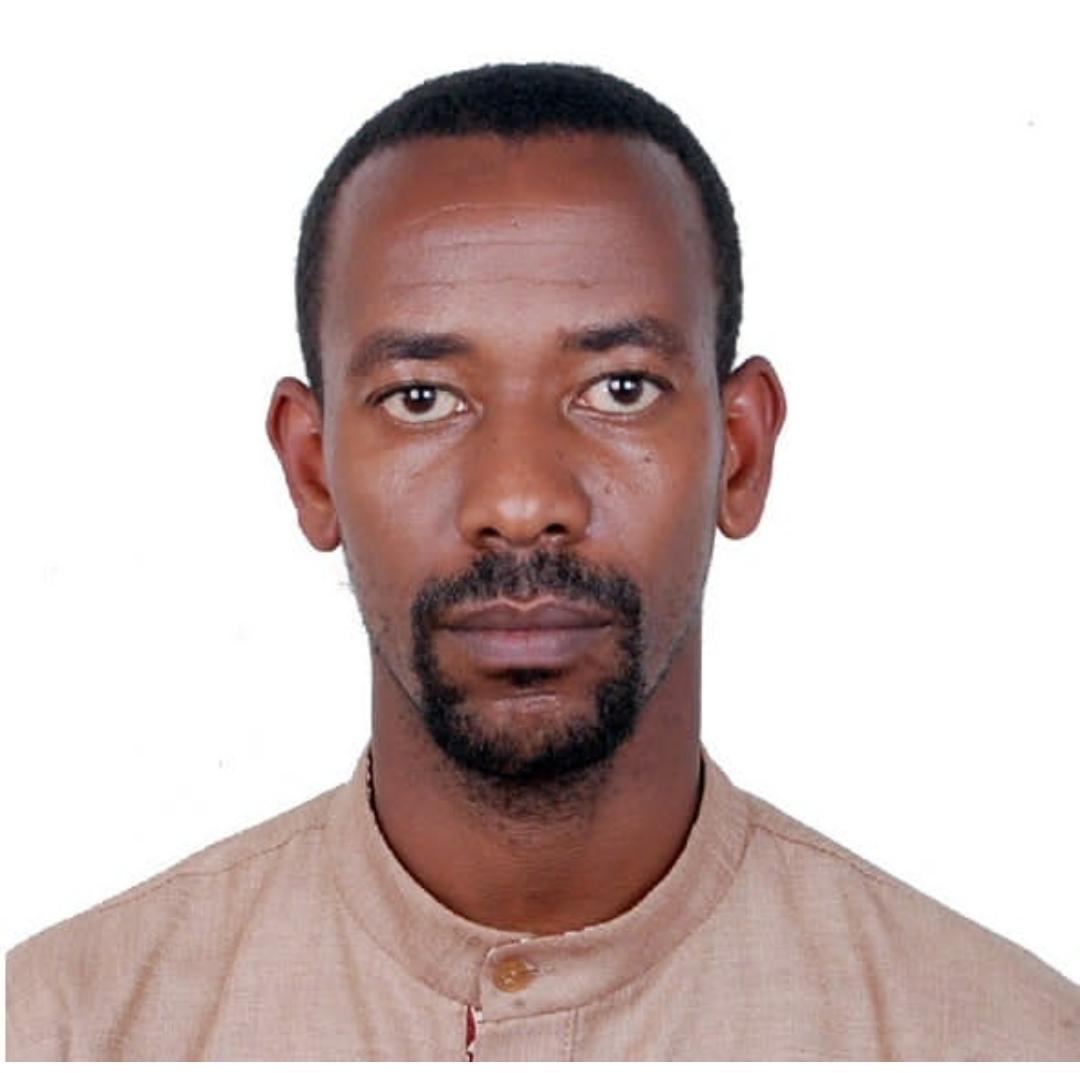The Ministry of Health, in collaboration with the United Nations Population Fund (UNFPA) and World Food Programme (WFP), is carrying out a campaign to treat and bring to an end obstetric fistula cases in the country.Obstetric fistula is a hole in the birth canal typically caused by prolonged labour without prompt emergency care—usually a caesarean section.

The Ministry of Health, in collaboration with the United Nations Population Fund (UNFPA) and World Food Programme (WFP), is carrying out a campaign to treat and bring to an end obstetric fistula cases in the country.
Obstetric fistula is a hole in the birth canal typically caused by prolonged labour without prompt emergency care—usually a caesarean section.
The woman is left with chronic incontinence and, in most cases, her baby is still born. Unable to control her flow of urine or faeces, the victim is often abandoned by her husband and shunned by the community.
At least 50 women are expected to be operated on by Dr. Issa Labou, a urologist from Senegal, assisted by a team of Rwandan physicians.
The exercise will be held at Mugonero Hospital, Karongi District in the Western Province for two weeks.
"Obstetric fistula was eliminated in Europe and the United States more than 100 years ago. It’s unacceptable that women and girls in developing countries are still suffering from fistula,” said Dr. Anicet Nzabonimpa, Family Planning and HIV Integration Coordinator in the Ministry of Health.
UNFPA deputy Representative, Cheikh Fall, noted that since 2003, UNFPA has been running a worldwide campaign to eradicate obstetric fistula.
"In Rwanda, the UN Family will continue to support government’s efforts to fully integrate services that are permanent for continuous and holistic care of obstetric fistula cases until we entirely bring to an end this preventable and treatable condition.
UNFPA strategy, in this domain, is mainly based on prevention, treatment and re-integration,” he observed.
Ends


